|
This month New Hanover County practiced shelter drills in five elementary schools in the Wilmington area. These drills allowed staff and volunteers in our community to practice and prepare the shelters for a disaster. Volunteers helped to train the workers by acting as shelter inhabitants and rehearsed the necessary functions of the shelter such as registration, food distribution, and setting up sleeping areas. These drills allowed the shelter drill staff to train and identify what areas of the shelter needed work and clarification and which aspects were running smoothly. Our team acted as community members seeking shelter and needed to go through the registration process. The staff was efficient, kind, and made sure the participants received the care they needed. Our community is better prepared for the next disaster through the preparation and training provided by the shelter drills at our local elementary schools.
3 Comments
Jared Morgan is the public administration intern focusing on grants, schools, and government. Jared grew up in Wilmington and graduated from Laney High School. He received a full academic scholarship to the University of Alabama where he completed his undergraduate degree in political science and he is now completing his masters of public administration. At the Cape Fear Volunteer Center, Jared is kept very busy and works to write and complete grants to provide the CFVC with the resources needed to help the disaster relief work. He also works with our government representatives to spread our mission and enable them with the information to help and understand the recovery efforts present in Wilmington. Jared works with schools to recruit volunteers as well as aid in preparing schools to act as shelters in the event of another disaster. Jared expresses that his internship “showed me the importance of community…there’s a lot of non-profits on the ground doing the work needed to recover from disasters and help the less fortunate and vulnerable in our community.” Jared’s value of our community and how people come together for the good of everybody, has enabled him to achieve change and awareness with the CFVC and promote volunteerism in Wilmington.
Lee Pridgen is one of our project managers at the Cape Fear Volunteer Center and he’s always on the move. Lee is dedicated, adaptive, and committed to the recovery and success of Wilmington. He’s a Wilmington native and has studied emergency and disaster management. Reflecting on his time with the CFVC, Lee stated the most important thing he’s learned is to be flexible and that his busy role has provided him a more productive perspective. Lee’s days consist of organizing and executing projects with a variety of organizations and volunteer groups. He rotates between projects to provide instruction and assistance, along with encouragement to our volunteers and other project managers. Lee experienced the transition the CFVC encountered post Hurricane Florence and has adapted to the shift in programs and allocation of volunteer efforts, he’s committed to help everyone and get jobs done. A core value of the CFVC and in Lee’s work is the importance of community in Wilmington, Lee described community as “a group that comes together to assist one another in a time of need regardless of race, sex, religion, beliefs…someone who will help you even if they don’t know your name or what you do, they see you in need and they will help you out.”
The staff at Big Buddy are busy collecting supplies and getting ready for our big backpack giveaway in August. We could use your help! How? You could hold a school supply Drive and collect supplies at your work or church or in your neighborhood. You could also do a sock and underwear drive to help with back to school needs. You could bake cookies or provide snacks for the kids at the event. Of course monetary donations are always accepted and will go towards filling the gaps for what we need that day.
You could also become a big buddy & help one of our kids have an amazing summer. Or if you can’t do the ongoing commitment you could come out and help the day of the giveaway. We will need people to help pass out school supplies, distribute snacks, do arts and crafts, play games, and we also need people to help take the kids paddle boating on the lake. With your help, we will be providing backpacks and school supplies and a fun afternoon to about 200 kids. For more information contact Chris at [email protected] or sign up here: https://www.signupgenius.com/go/20F094CADA72FA5FB6-back4 2Share Furniture Pickups and Deliveries
https://www.signupgenius.com/go/20f094cada72fa5fb6-volunteers2 2SHARE Furniture is in need of volunteers to help with a combination of furniture pickups and deliveries in Wilmington. Volunteers are needed on Saturdays from 8:30am to 1:00pm. Volunteers will meet at the UHaul truck parking area at Lloyd's Rental and Storage on Market Street and will be working with a driver and other volunteers. 2SHARE Furniture is a volunteer project supported by a number of local churches and organizations. The project is a way to donate furniture in good condition to people who need it, especially in the wake of Hurricane Florence. New Hanover County Shelter Drills https://www.signupgenius.com/go/20f094cada72fa5fb6-volunteers3 Volunteers are needed to help with New Hanover County Shelter Drills. Volunteers will help with logistics, setup, and be "shelter clients" for the registration portion of the drill. We are also seeking volunteers who could volunteer at all 5 locations, if you can help please email us by July 1st. Wilmington Diaper Bank https://ncdiaperbank.org/lower-cape-fear The Diaper Bank of NC is always in need of volunteers! Come volunteer anytime between 9:30-11:30 am on Mondays, Tuesdays, or Wednesdays. No advance registration or ongoing commitment is required; people simply show up when they can, even if it's only for 30 minutes. In addition to our drop-in hours, we also schedule groups of ten or more people to volunteer outside of our drop-in hours. We also need community members to organize diaper drives in the community at schools, neighborhoods, faith communities, sports teams, workplaces, scout groups, or other community groups. Please contact us and we can provide a diaper drive toolkit with more information. Our warehouse is located at 915 S. 16th Street next to Walgreens (formerly Rite Aide). When you pass Walgreens on your left, the entrance to the Diaper Bank parking lot is the first driveway on your left. The Diaper Bank is a family friendly volunteer site and all little ones are welcome. There is a kids playroom for children to have a safe, fun time while the adults are working! We are open for walk-in volunteers Mondays, Tuesdays, and Wednesdays from 9:30-11:30. With advance planning, groups of ten or more can be scheduled outside of these days and times. UNCW Move-In Day https://www.signupgenius.com/go/20F094CADA72FA5FB6-uncwilmington UNCW Freshmen need you help for Move-In Day 2019! Please be able to lift at least 10-20 pounds. Use the link above to find a time that works for you! Willie Vereen and his wife Gail have been rebuilding their home and lives following Hurricane Florence. After the hurricane, their home was infested with black mold. However, with the help of the Cape Fear Habitat for Humanity, their home was restored in six weeks and Gail stated, “Cape Fear Habitat for Humanity did a wonderful job on this house.” Willie and Gail also received furniture through the Cape Fear Volunteer Center and the Furniture Finders program. They were excited to arrange their new furniture and decorate their restored home, including an item standing proud in the corner of their house, a 40th anniversary poster, “Don’t Forget the Wilmington 10.”
Willie Vereen is a member of the Wilmington 10, a group of 9 black men and 1 white woman, who were falsely convicted of charges of assault and arson in 1972 following a boycott protesting for equal treatment in Wilmington schools. Willie was arrested at 17, he is now 65. Willie served time in prison before the Wilmington 10 received their full pardon of innocence by Governor Perdue in 2012. Willie is a musician, a husband, a protector of the defenseless, and a person who was victimized by racism. Willie described the racial divides, inequality, and problems in Wilmington as present before the boycott and stated “some things make no sense.” The harm inflicted on Willie and the Wilmington 10 took aspects of their lives that are irretrievable, and following their release and pardons, Willie described the community backlash as “no one would have anything to do with us…we were like people without a country.” The obvious injustices inflicted on Willie and the Wilmington 10 are a horrific truth of the history of Wilmington, however Willie and Gail expressed their sentiments of appreciation in finding community following Hurricane Florence. Gail recounted the days after the storm when “a lot of houses were affected and a lot of people didn’t know where to go.” In their own house, they had no power, but their neighbors brought them a generator. “They gave us power” Gail said, “everybody came together pretty much in the neighborhood.” Through their neighbors coming together to help and the aid provided by Habitat for Humanity and the Cape Fear Volunteer Center, Wilmington is rebuilding and supporting its own to work for better and for each other. Hurricane season has begun, so we sat down with Steven Pfaff, the Warning Coordination Meteorologist of the National Weather Service in Wilmington, to learn about hurricanes and how to prepare. With the abundance of information about the weather on the internet, from the government, schools, and various news outlets, Pfaff stressed the importance of using an ensemble of information and models to accurately predict and prepare for impending weather. Storm impact is influenced by many factors including intensity, wind speed, flood risk, and storm surge. Knowing your unique risk and ensuring you have a plan and materials to protect yourself and your home is essential for safety and recovery. Pfaff suggests viewing multiple hurricane models from credible sources and says “it’s always recommended to plan for one hurricane higher in wind category than what is forecasted to occur.”
An obstacle for adequate preparations is understanding your models and sources, “there’s a lot of misinformation…people need to redirect what they’re seeing and reading to credible sources.” Depending on just one model fails to account for the biases of different models and lacks comparisons to other models and factors. Pfaff suggested weather news briefings and hurricane expert reports as sources of information for the public. The internet and social media can pose as a dangerous news source that can discourage people from evacuating or preparing, if you see a bias or fake weather report, “just because you can share it doesn’t mean you should.” The long-term recovery from Hurricane Florence is a task the Wilmington community continues to tackle. Make plans for future storms by knowing your risk, having an evacuation plan, and utilizing credible weather sources. To protect ourselves and our community, Pfaff concluded that “we need communities that are ready, responsive, and resilient.” The Big Buddy program is one of the primary agencies hosted by the Cape Fear Volunteer Center. Big Buddy is a mentor program that pairs young mentees between the ages of 5-17 with an adult mentor. Children who become Little Buddies often have behavioral issues, or issues with schooling. Adult mentors can range from young adults to retired elders looking to give back to their community by volunteering to mentor the youth that reside within it. You can apply for the Big Buddy program on our website at www.capefearvolunteercenter.org.
Many of the children that are volunteered to become Little Buddies come from very underprivileged backgrounds and communities. They come from neighborhoods with a great amount of poverty, which breeds a disproportionate amount of crime. Outside of their homes, they have seen little of what the world has to offer them. For much of their youth, they simply see dilapidation and stagnated growth. It would be easy for them to think that such despair is all there is to life, or worse, their future. These children often come from single parent homes with one overworked, underpaid parent who may not have the time to attend to all of their children’s more non-material needs. Other children who become Little Buddies are raised by their grandparents, who may be too elderly or ill to fully attend to their issues. Other Little Buddies have been referred by social workers and concerned school officials, such as teachers and guidance counselors. These parents and guardians are often the ones to volunteer their children to be Little Buddies. They take the opportunity to have them be paired with a caring, trustworthy mentor who can be there to help guide them and provide responsible, adult companionship. The benefits of having a Big Buddy enter the lives of these children are many. Many Little Buddies show improvement in school, as their poor performance and disciplinary issues are often a result of boredom and lack of challenge. Spending time with a Big Buddy gives them something to look forward to and makes the drudgery of school more bearable, and Big Buddies often help out with school work and studying. Having a Big Buddy helps students realize their true potential and better demonstrate their intelligence and work ethic. Little Buddies, as mentioned before, often come from poor communities that have a disproportionate amount of crime. With that crime comes bad influences that could sink their hooks into impressionable youth. Such influences often take hold when children are bored and have little else to do after school or during long vacations. Having a mentor that can engage these youth in fun or constructive activities will undoubtedly be a great way for them to avoid going in a much more destructive direction. There are a great number of activities that a Big Buddy and Little Buddy can take part in. A surprising number of Little Buddies have never visited one of our two beaches, their first time is often with a Big Buddy. Activities can be for purely fun, such as going to an arcade, or they can be educational, like visiting the local library or it could simply be the two of them hanging out and learning about each other. The idea is to have the Little Buddy take part in things they may not have experienced before, giving them a fresher view of the world around them and the possibilities therein. The benefits of the Big Buddy and Little Buddy relationship has also been shown to extend to the Big Buddy mentor as well. Big Buddies can be anyone from 18 year old young adults to 72 year old retirees. They are a diverse group of responsible and trustworthy adults who are thoroughly vetted by the Cape Fear Volunteer Center. Spending time with Little Buddies can give them an insight into the underprivileged conditions that the Little Buddies often come from. Other Big Buddies can be adults who grew up under very similar circumstances to the Little Buddy and thus can relate to them and their issues and impart the wisdom they’ve gained from those experiences to a younger generation. Regardless of age or background, all Big Buddies feel the sense of reward that comes with being a mentor to a child who needs it. The feeling of giving back to one’s community by helping to guide and mentor its most vulnerable and underprivileged onto a better path is immensely rewarding. The bonds that Little Buddies and Big Buddies form throughout their companionship and shared experiences can last a lifetime and lead to one of the most influential relationships in both of their lives. Lifeguide is a program hosted by the Cape Fear Volunteer Center tasked with connecting adult mentors with teens and young adults aged 16-21. These teens and young adults come from long term foster care under the New Hanover County DSS. Lifeguide differs greatly from the Big Buddy program as its primary goal is to help those who have experienced long term foster care transition into young adulthood as they age out of the foster care system.
Foster care is usually meant to be temporary, with the majority of foster kids spending roughly two years in foster care, usually in multiple homes. Despite this, more than 20 percent of foster care kids experienced 10 or more placements before aging out. Moving from home to home can significantly harm a person’s psychological and social growth as it takes away any sense of permanence or stability in developing kids. As a result of these continued movements, children in foster care grow up with few, if any, adults in their life that can give them strong, consistent guidance. Studies show that the long term effects of foster care often leave young adults less capable of adjusting to the new world of responsibilities and stressors that adulthood independence brings. Those studies show that 22 percent of adults who went through the foster care system have been homeless at one point in their adult lives, compared to 2% of the general population that experiences homelessness at some point in adulthood. This is often attributed to them simply being "kicked out" once the funds given to foster households to care for them stop coming after the ward turns 18. Those who have been through the foster care system are less likely to attempt a post secondary education than those in the general population as well. They are also more likely to not have health insurance coverage at approximately 33%, one third of foster care alumni. Having a revolving door of adult care takers in their lives can leave many former wards of foster care with little in the way of true guidance or support. This can leave many of them without someone who can mentor them through the process of becoming a fully functional adult. The effects of long term foster care also have significant mental health implications for former wards. Foster care alumni are more likely to have Post Traumatic Stress Disorder than the general population at a rate of 25 percent, compared with 4.5%. They are more likely to suffer from Depression at 24.3 percent, as well as anxiety at a whopping 43 percent and it’s no wonder why. Moving from home to home, getting used to one family just before they are shipped off into another household is a tremendous psychological strain for a child. Many of these former wards turn to alcohol and substance abuse to cope with the aforementioned mental health issues at a rate of 11.1 percent compared with 2.5% of the general population. While there are certainly many foster care alumni who go on to live perfectly well adjusted lives in adulthood, others do not fair so well. Lifeguide’s mission is to pair wards in the process of aging out of the foster care system with a consistent, caring adult mentor to help them navigate their journey into adulthood. The foster care alumni who sign up for Lifeguide have often gone much of their lives without a dependable mentor figure who can help them avoid the aforementioned problems. A Lifeguide mentor not only provides moral support, they also help guide mentees through the typical processes of early adulthood. Lifeguide mentors also assist in helping mentees with the college application process and entrance into trade programs. They also help mentees find employment or lease their first apartments, giving them the tools to lead a more successful life as adults. Lifeguide mentors help give those without a stable base of guidance and support the foundation from which they can build upwards for a lifetime. Kids Voting is a national, nonpartisan, grassroots educational program collaborating with the Cape Fear Volunteer Center to bring improved civic education to New Hanover County children. Kids Voting teaches school aged children about government, the constitution, registering to vote and other topics related to political engagement. The organization hosts events like the “Preamble Challenge” and observes holidays such as “Constitution Day”, which marks the creation of the US Constitution. The Kids Voting mission is to better educate children on their country’s voter registration process and political process as well as to foster a greater sense of civic duty.
Studies show that, currently, only 26 percent of US citizens can name all three branches of the American government (executive, legislative and judicial). As it stands, most school districts don’t offer a civics class until a student reaches high school, and then it is only for a single semester. In fact, civics education is often treated as a non-essential “add on” subject rather than a necessary course needed to function well in a democracy. As a result, many American youth leave high school severely under educated about their nation’s political functions and their rights as citizens. This eventually leads to millions of adults that are largely uninformed, apathetic and inactive when it comes to civic engagement, such as not showing up for local and mid-term elections or simply not registering to vote at all. The low voter turnout of American elections, including presidential elections, has often been a source of shame for our society as a whole as many other democratic nations have much higher turnouts. Further study shows that 37 percent of US citizens cannot name any of the rights guaranteed by the First Amendment of the US constitution (freedom of religion, freedom of speech, freedom of press, freedom of assembly and freedom to petition the government for a redress of grievances), This same study showed that only 48 percent could name the freedom of speech, which is the right generally associated with the First Amendment. Such a lack of knowledge of constitutional rights can be extremely disadvantageous. Not knowing one’s rights can certainly lead to those very rights being violated without that citizen’s knowledge. Being unaware of your constitutional rights can leave you greatly handicapped when it comes to fighting injustice or even recognizing it. Being educated on their most basic of civil rights can only help kids as they grow up to be voting citizens in a free, constitutional republic. Students will benefit greatly from an early civic education. Early civic education and engagement is a great way to ensure that young people grow up with a more in-depth knowledge of their constitutional rights as well as the structure and function of their country’s political system at all levels. Kids Voting hosts events like the Preamble Challenge, which tests kids’ knowledge of the preamble to the US Constitution, held annually on the Constitution Day holiday, September 17th. In addition, kids will be taught the amendments laid out in the constitution, as well as many of the Supreme Court cases that helped shape the document into what it is today. The civic education kids would receive and the engaging activities that Kids Voting host will go a long way in helping young ones grow up with a stronger interest in politics and becoming engaged, well informed voters.
Amedisys is a healthcare organization partnered with the Cape Fear Volunteer Center. They specialize in end of life hospice care as well as home based healthcare. Amedisys has partnered with us to help recruit volunteers to provide companionship for patients nearing the end of their lives due to terminal illness. Volunteers would help with things such as grooming, massage therapy, pet therapy and much more. A potential volunteer can sign up to help Amedisys by completing a volunteer form online at www.capefearvolunteercenter.org and listing it as their “Desired Agency”.
For many people nearing the end of their lives, it can be a lonely journey. Often, these people do not have close family or friends to surround themselves with to make the inevitable less painful. They could be alone near the end for any number of reasons, like being the last of their family or friends, having no close family members who would bother visiting or simply due to estrangement. Other patients’ families simply cannot spare as much time and can be overwhelmed with the burden of caring for a dying family member. The loneliness these terminally ill patients experience could not only dampen their spirits, it could even cause a more precipitous decline in health and has been linked to the increased likelihood of developing dementia in elderly patients. The benefits of a patient near the end of life having a volunteer companion are many. For the patient, they will have someone to talk to who isn’t medical staff. Having someone to provide companionship can improve their mood and ease the intense depression, loneliness and anxiety that comes when one knows the end is near. This can help tremendously with improving the mental health and well being of hospice patients. And you don’t have to come alone, you can bring a four legged friend as well. Pet therapy is also encouraged for patients. Studies show that even one half hour session with a dog can raise dopamine levels, as well as other hormones associated with happiness and relief. For volunteers knowledgeable in massage therapy, you can employ those skills with Amedisys patients. Massage therapy is great for relieving the aches and pains associated with being ill, bedridden or elderly and also releases hormones associated with relaxation and positive emotions. There are many ways in which you, as a volunteer, can improve the lives of hospice care patients. The benefits of volunteering with patients near the end of life extend to the families of these patients, as well. The families can often act as secondary caretakers for patients near the end. This undertaking can be very time consuming and they often cannot be there as much as they would want to because of other pressing responsibilities. Having someone volunteer with their ailing loved one and provide them with companionship can be a tremendous boon for them. It can be a major comfort for them knowing that their loved one has another person in their life who can be with them and help out. The spectre of death can be a painful, frightening and uncomfortable thing to be around but it is also another aspect of life. Spending time with a person near the end of their life can bring about a huge emotional toll, but it can mean the world to them to have one more person in their lives near the end. Want to volunteer for Amedisys? Select it as your desired agency when filling out our online volunteer form at www.capefearvolunteercenter.org Would you or your business like to partner with Amedisys? Register on our website or theirs at https://www.amedisys.com Have any questions? Call 910-392-8180 Kids Care Club is a volunteer program hosted by the Cape Fear Volunteer Center that facilitates and promotes youth service throughout the Cape Fear region. The Kids Care Club recruits school aged volunteers and brings them together to lend a helping hand to their community. Not only does Kids Care Club bring child volunteers together to help out around their community, they also instill a sense of duty in them. By sending youth volunteers out into their community, they are imbued with a heightened sense of compassion and a better knowledge of their community and its issues.
|

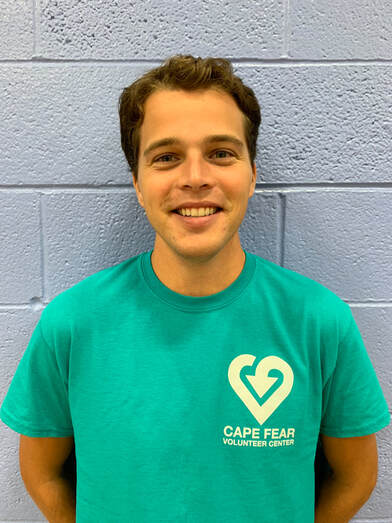
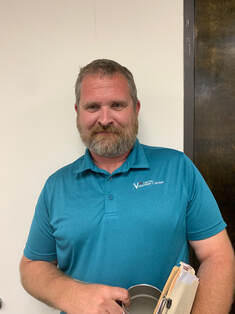
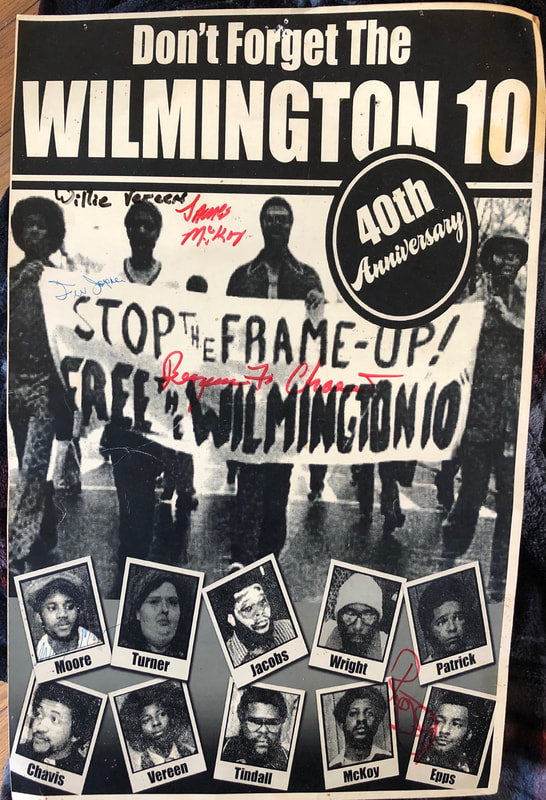
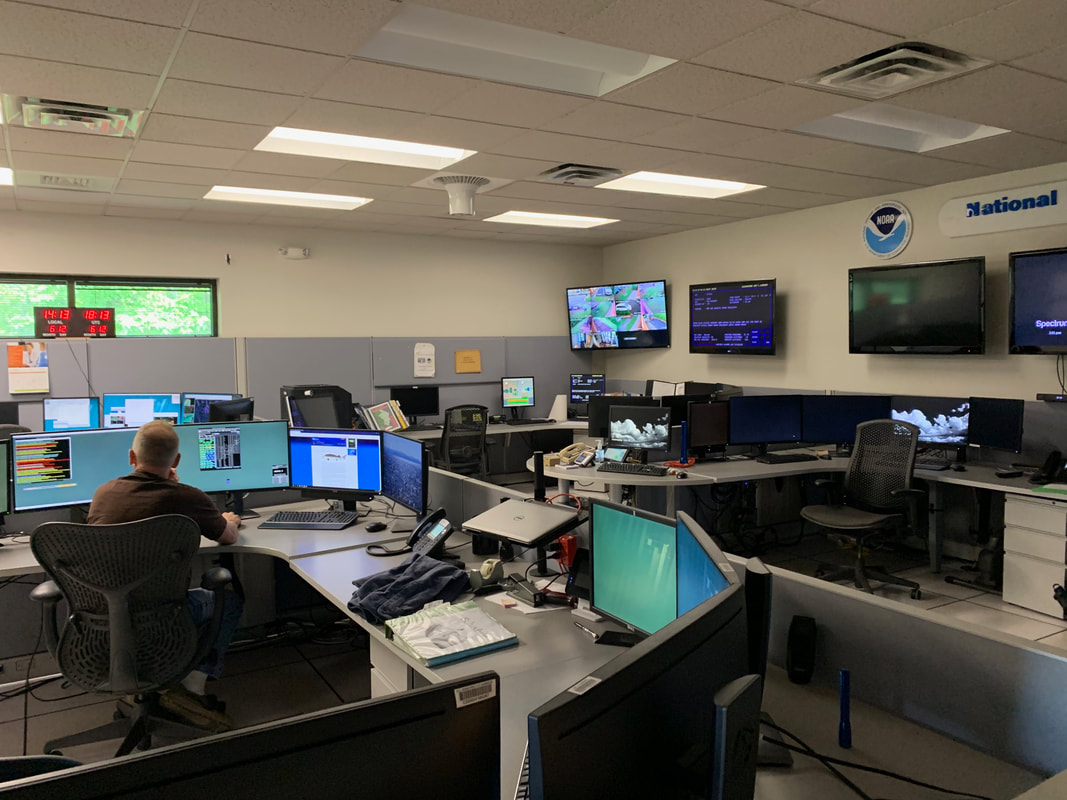
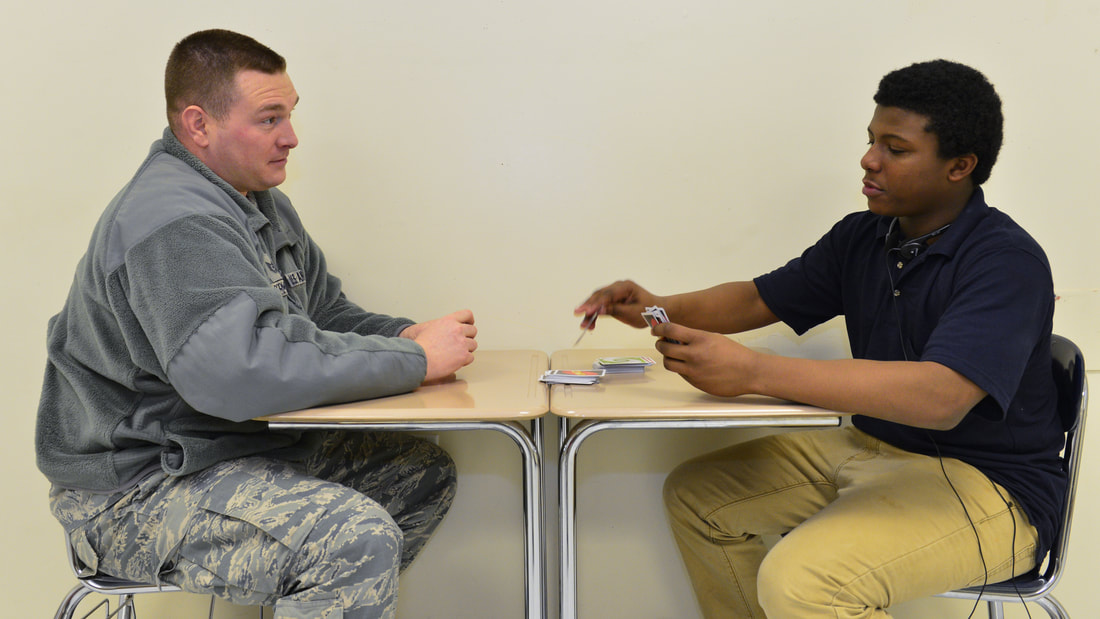
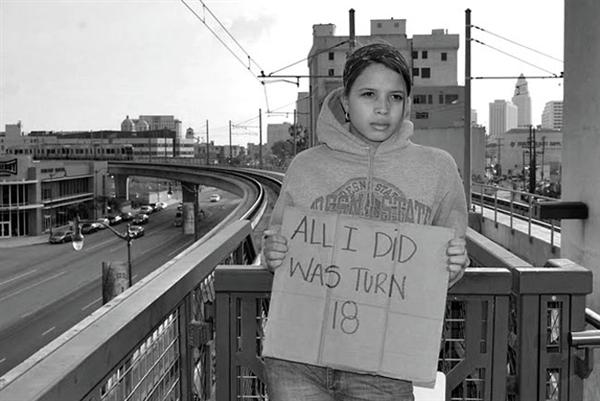
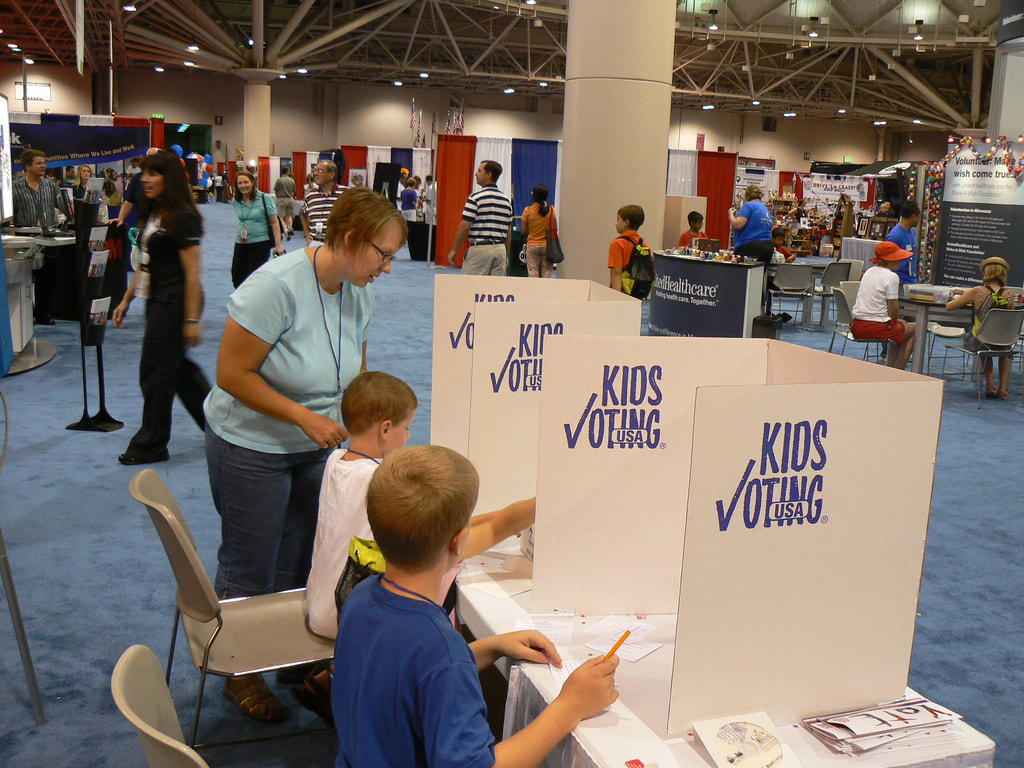
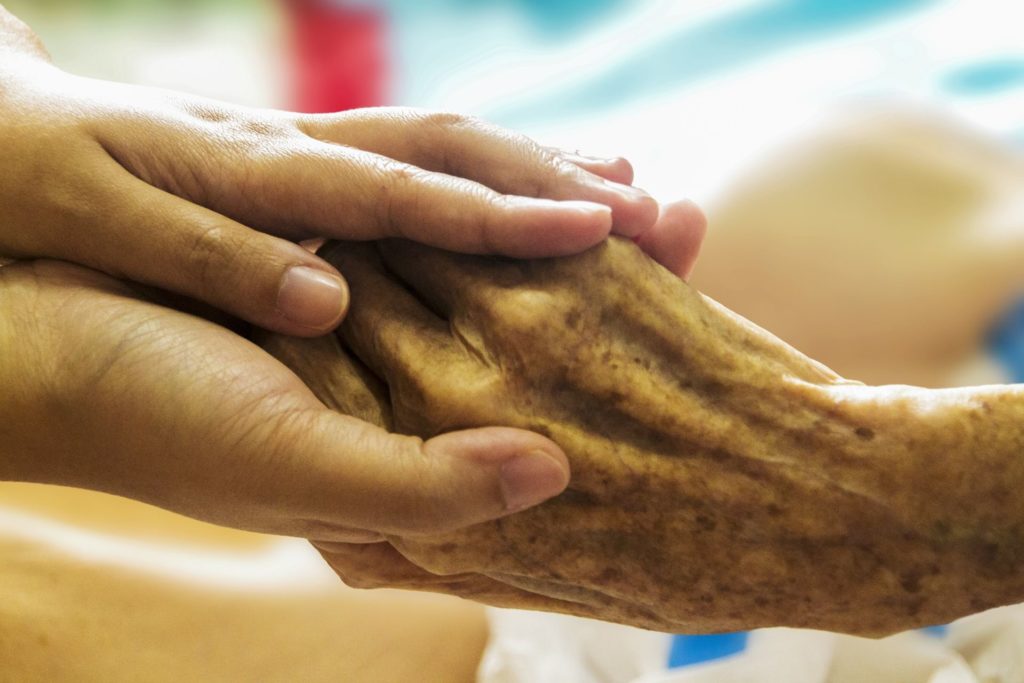

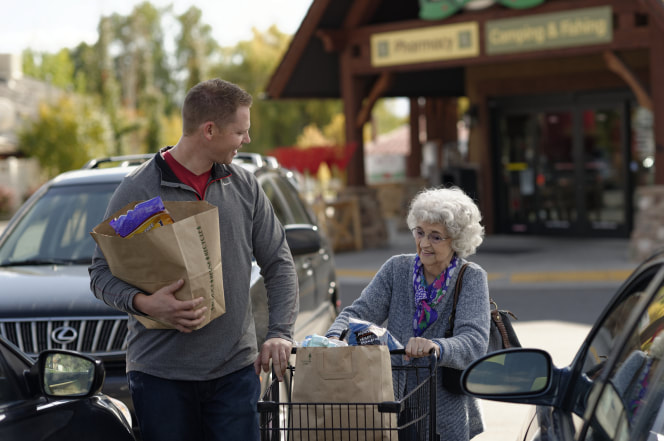
 RSS Feed
RSS Feed